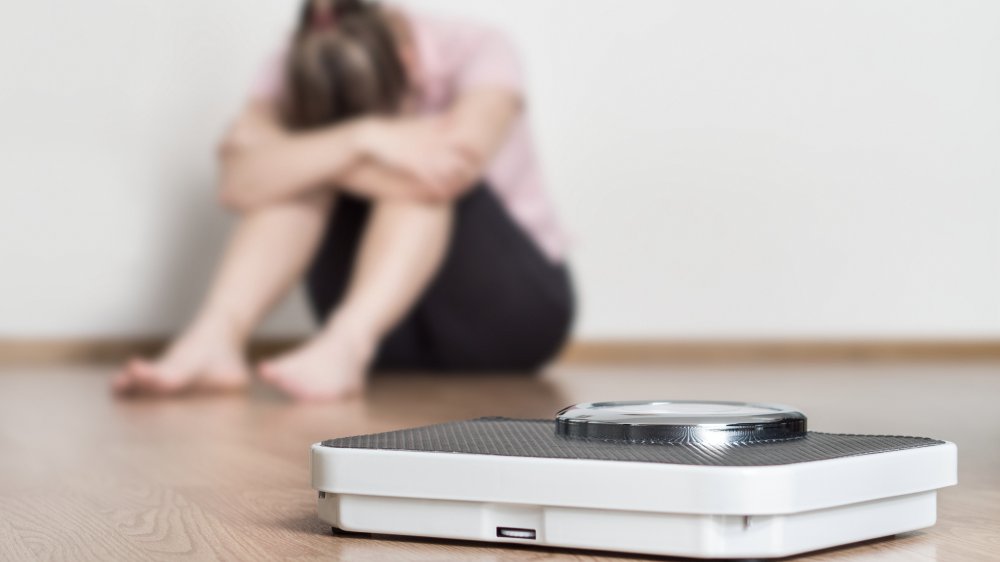The Real Reason Your Workouts Aren't Helping You Lose Weight
To lose weight, you're supposed to eat less and exercise more, right? How do you do that when working out causes you to be hungrier? Wouldn't it be great if your body automatically determined how much food you need based on your activity levels so you could be healthy and maintain a certain weight? Or that if you started exercising to lose weight, you didn't get hungrier — so you could actually lose weight?
Appetite control is a mysterious thing. It will send you strong signals when you're hungry, but the signal for when you're full is weak. which can easily cause overeating. Plus, highly trained and thin people tend to eat the right amount of calories to make up for the exercise. According to a 2019 study published in the Proceedings of the Nutrition Society, people who are overweight tend to overeat. That might seem obvious, but there could have been other causes.
Why your workout is making you gain weight
But why are people who are overweight overeating when exercising, instead of eating the right amount of calories to make up for the increase in activity? A 2012 study published in the American Journal of Clinical Nutrition showed that overweight people were hungrier and ate more calories than thinner people. This study also found that overweight people have a higher resting metabolic rate (RMR) than thinner people, which is the rate at which the body burns calories when at rest. The researchers proposed that RMR might correlate with portion sizes. They also said that a person's muscle mass might determine how much they eat. These are just theories, and there definitely needs to be more research done on this topic.
Exercising increases your appetite causing you to eat more, which is one reason why your workout seems to be making you gain weight. There has to be a calorie deficit to lose weight. That means you need to be burning more calories than you are consuming. You might need to count calories to ensure a calorie deficit.


